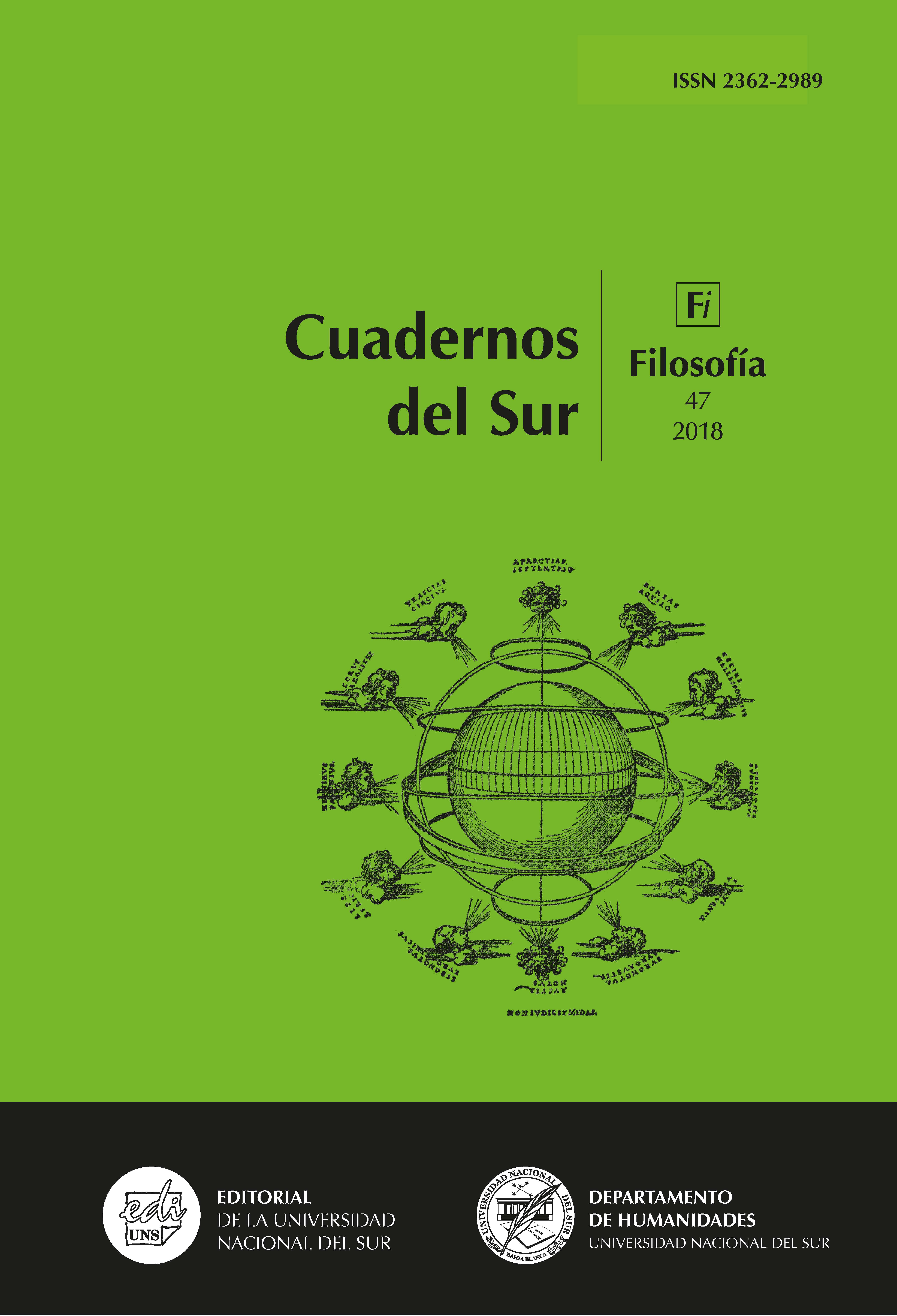Marketing concept. Notas para una genealogía del marketing
Keywords:
marketing, technology, powerAbstract
The purpose of this article is to sketch some guidelines towards a historization of marketing conceived as a behavior technology of the individuals. To do this, it seeks to characterize a certain general diagram of this practice, called by the specialized literature “marketing concept”, as formulated in the 1950s and 1960s. This is a key moment in which a certain consensus is established regarding the theoretical definitions from which the marketing practice should be exercised professionally. From this characterization, the aim is to understand marketing not so much as a kind of “art of deception”, but rather as a complex technological regime, focused on a specific mode of production of the truth about the needs and desires of individuals. The truth whose condition of emergency requires the management of all aspects and factors, present in the circuit that includes the detection and elaboration of the need or desire in an effective demand.
Downloads
References
Borch, Fred (1957), “The Marketing Philosophy as a way of Business Life”, en American Management Association (1958), The Marketing Concept: its Meaning to Management, New York, Marketing Series, nº 99, pp. 3-16.
Borden, Neil (1964), “The Concept of the Marketing Mix”, Journal of Advertising Research, nº 4, pp. 2-7.
Drucker, Peter (1955), The practice of management, New York, Harper & Row.
----- (1964), Managing for results, New York, Harper & Row.
----- (1973), Management: Tasks, responsibilities, practices, New York, Harper & Row.
Keith, Robert (1960), “The Marketing Revolution”, Journal of Marketing, vol. 24, nº 3, pp. 35-38.
Kotler, Philip (1999), Principles of Marketing, New Jersey, Prentice Hall.
Levitt, Theodore (1960), “Marketing Myopia”, Harvard Business Review, vol. 38, nº 4, pp. 45-56.
McCarthy, Edmund (1960), Basic marketing, Homewood, R.D. Irwin.
McKitterick, John (1957), “What is the Marketing Management Concept?”, en Bass, Frank (ed.), The Frontiers of Marketing Thought and Science, Chicago, American Marketing Association, pp. 71-81.
Bartels, Robert (1988), The History of Marketing Thought, Columbus, Grid Inc.
Deleuze, Gilles (1987), Foucault, Barcelona, Paidós.
----- (1996), “Posdata a las sociedades de control”, en Conversaciones, Valencia, Pretextos, pp. 277-286.
Foucault, Michel (1994a), “Qu’est-ce que les Lumières?”, en Dits et écrits IV. 1980-1988, Paris, Gallimard, pp. 562-578.
----- (1994b), “Préface à l’Histoire de la sexualité”, en Dits et écrits IV. 1980-1988, Paris, Gallimard, pp. 578-584.
Marcuse, Herbert (1993), El hombre unidimensional, Barcelona, Planeta-Agostini, [1964].
How to Cite
Issue
Section
License
Copyright (c) 2022 Francisco López Corral

This work is licensed under a Creative Commons Attribution-NonCommercial 4.0 International License.
Aquellos autores/as que tengan publicaciones con esta revista, aceptan los términos siguientes:- Los autores/as conservarán sus derechos de autor y garantizarán a la revista el derecho de primera publicación de su obra, el cuál estará simultáneamente sujeto a la licencia Atribución-No Comercial 4.0 Internacional CC BY-NC 4.0.
- Los autores/as podrán adoptar otros acuerdos de licencia no exclusiva de distribución de la versión de la obra publicada (p. ej.: depositarla en un archivo telemático institucional o publicarla en un volumen monográfico) siempre que se indique la publicación inicial en esta revista.
- Se permite y recomienda a los autores/as difundir su obra a través de Internet (p. ej.: en archivos telemáticos institucionales o en su página web) una vez publicado su trabajo, lo cual puede producir intercambios interesantes y aumentar las citas de la obra publicada. (Véase El efecto del acceso abierto).










